Somatic Therapy Training Certification
As a therapist educator, I sometimes get the question, do you certify therapists in somatic therapy? The simple answer is no. Sometimes I say, no, everyone who takes my program is already certified through their graduate degree to be a therapist. What I don’t say, but explicates our pedagogy behind this policy is important, and complex, and I think useful for therapists and the general public seeking therapists to think about and consider, I’ve outlined below.
Here’s the 5 reasons we don’t offer certification in the Somatic Attachment Psychotherapy Training
- Everyone who takes our training is already a therapist who has been educated, tested, supervised and most importantly deemed to be proficient from a graduate program by a university. This allows us to start the training at a post-graduate level, building on the ethical, theoretical, and practical knowledge that the therapist brings, and leaning into and building upon the university graduate program’s foundational work.
- Because we don’t offer certification there are no additional or minimal sessions or hoops that people are required to complete. How this translates is that we expect more from our students than the minimal requirements many somatic certification programs require. We invite our students to be engaged in ongoing therapy and supervision as they move through the training because it is a useful, necessary and ethical component of clinical practice.
- Taking the stance that we don’t certify allows us as educators, and as a training program, to prioritize the teaching, learning and relationship without judgement or assessment that can interrupt the safety of the learning environment, and open up more projection and transference onto the teachers as assessors now rather than mentors. What this really means, is that we trust that everyone in the training program is attending to the training, integrating it as they need to in terms of their own learning and place in their journey. Coached practice sessions are truly about supporting the therapist to integrate the new material and skills into their practice, and not about what needs to be demonstrated for certification. Additionally, students in the program can have more room to bring their clinical challenges to consultation. Our pedagogy directs us to support the learning and integration without pass/fail assessment, and lean into our belief that therapists in our program are digging deep to evolve their clinical practice.
- Certification is a slippery slope. Any training can offer certification in whatever they are training, (insert training here) because these professional development trainings fall outside of the purview of regulated training institutions like universities or regulatory bodies that have legislation and regulation that they are accountable to. Certification in professional development has the intention to indicate mastery of the orientation or model of work, but it often gets reduced to therapists completing a certain number of sessions and consultations that don’t really ensure mastery. What we tell our students is by all means advertise that you are in our training or have completed our training, but really, we believe that your work will stand on its own, that our goal is to support your education and evolution as a therapist. We do offer continuing education credits for therapists to use with their professional associations and regulatory bodies.
- Certification in a particular model that has broad entry requirements (so training people from diverse professional backgrounds) can lead professionals to practice outside of the their scope of practice, for example, bodyworkers offering somatic therapy. Further, it can lead the public to misunderstand that those certified in that particular somatic therapy may not in fact trained in therapy (graduate degree) and have the foundational training necessary for safe and ethical practice. This is precisely the reason everyone who enters into the program has a graduate degree in a mental health discipline.
We hope that this clarifies the pedagogy and practice that underpins our decision to not offer certification. We believe that our stance provides real benefit for therapists and clients alike.
If you are interested in our Somatic Attachment Psychotherapy training, have a look at it here.

